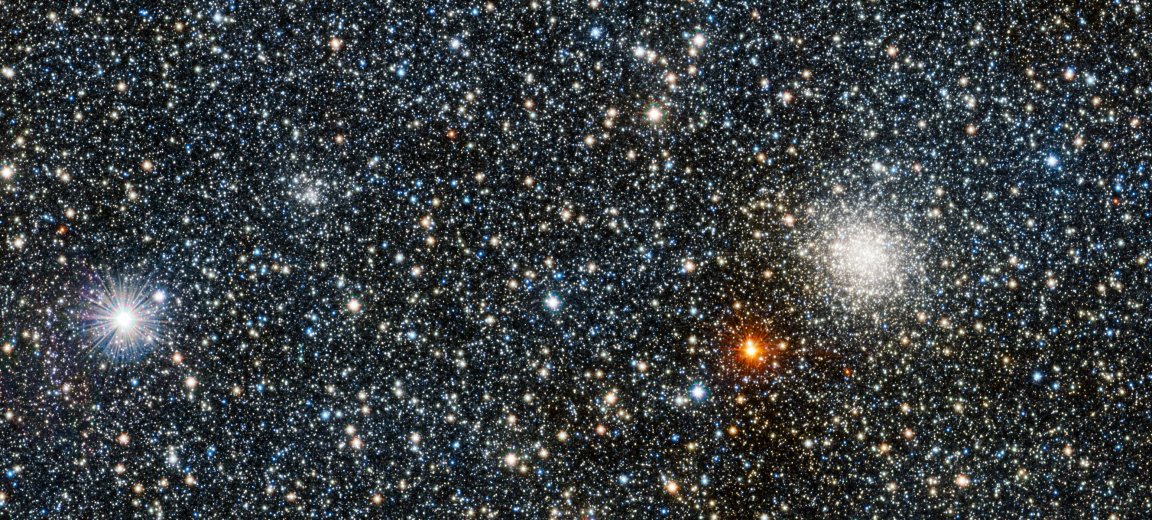
The Harvard-Smithsonian Center for Astrophysics (CFA) department presented new research in which they assert that globular clusters are “extraordinarily good places to look for space-faring civilizations.” Indeed, lead author, Rossane DiStefano, stated, “A globular cluster might be the first place in which intelligent life is identified in our galaxy.”
This research was presented by DiStefano and her team January 6 at a meeting of the American Astronomical Society.
A globular cluster is a collection of tightly woven stars forming a spherical shape. These stars orbit around a galactic core known as a “satellite.” There are roughly 150 globular clusters in our Milky Way galaxy, and they were formed approximately 10 billion years ago. According to most scientists, these clusters are not ideal for planets to form, due to the fact that the stars have fewer heavy elements (like iron and silicon).
To date, only one planet has been recorded to be found in a globular cluster. So how could alien civilizations thrive there?
Planets can form in globular clusters
DeStefano and her colleague Alak Ray (Tata Institute of Fundamental Research in Mumbai, India) disagree with previous findings about these clusters, saying it is “premature to say that there are no planets in globular clusters.” They state that, although Jupiter-sized planets are generally found more often around stars containing higher levels of heavy elements, smaller, Earth-sized planets show no such preference.
That said, another concern is that a globular cluster’s crowded environment would threaten any planets that do form, as it is a rather chaotic environment. Ultimately, a neighboring star could wander too close and disrupt a planetary system; however, the team asserts that this is not a true concern. Since these globular clusters are old, the great star birth period within them has since ceased, stars have settled down into their Red Dwarf stage, and the environment is quieter.
And because the environment is so quiet, the planets remain kings of the region, living for ages on end. “Once planets form, they can survive for long periods of time, even longer than the current age of the universe,” explains DiStefano.
So. If habitable planets can form in globular clusters, and if they can survive for billions of years, what does that mean for life?
Well, according to the scientists, it means that life would have ample time to become increasingly complex, which means a high increase in the likelihood of intelligence developing.
This research introduces the idea of a “globular cluster opportunity,” which is the term used by DiStefano and her team to describe the possibility of potential civilization in these clusters.
And notably, she states that, because they are so close by, sending a broadcast to these civilizations “wouldn’t take any longer than a letter from the U.S. to Europe in the 18th century.”